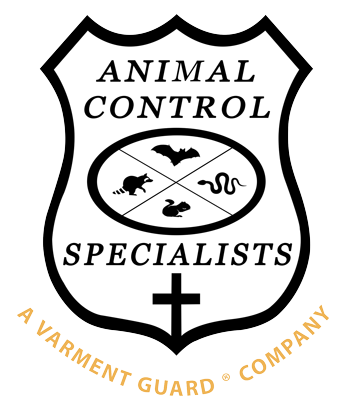Ohio is no stranger to the link between rodents and disease. With a diverse population of rodents, including rats, mice, and squirrels, the state faces numerous health risks. One of the most significant diseases associated with rodents is Hantavirus Pulmonary Syndrome (HPS), which is transmitted through contact with rodent droppings, urine, or saliva. In Ohio, cases of HPS have been reported, highlighting the potential danger these pests pose to public health. Additionally, rodents also serve as carriers for other diseases such as Lyme disease, tularemia, and salmonellosis. These diseases can be transmitted to humans through direct contact with rodents or by exposure to contaminated food or water. It is crucial for Ohio residents to be aware of the risks posed by rodents and take necessary precautions to prevent the spread of diseases.
The Link Between Rodent and Disease in Ohio
The Importance of Understanding the Link
As professional wildlife control operators, it is crucial for us to educate the public about the link between rodents and disease in Ohio. Rodents, such as rats and mice, are not just nuisance pests; they can also pose serious health risks to humans. By understanding this connection, we can take necessary precautions to protect ourselves, our families, and our communities.
Vector-borne Diseases
Rodents are known to be carriers of various diseases, many of which can be transmitted to humans through bites, scratches, or contact with their urine, droppings, or saliva. One of the most well-known diseases associated with rodents is hantavirus. This potentially life-threatening disease is transmitted through inhalation of dust contaminated with rodent urine or droppings. In Ohio, cases of hantavirus infection have been reported, highlighting the need for awareness and preventive measures.
Other Diseases Carried by Rodents
Apart from hantavirus, rodents in Ohio can also carry diseases such as leptospirosis, salmonellosis, and tularemia. Leptospirosis, caused by a bacterium found in rodent urine, can lead to severe kidney and liver damage in humans. Salmonellosis, commonly associated with contaminated food, can also be transmitted through rodents. Tularemia, another bacterial infection, is often transmitted through contact with infected animals or their carcasses.
Indirect Health Risks
In addition to directly transmitting diseases, rodents can indirectly contribute to health risks in Ohio. Their constant gnawing habits can damage electrical wiring, potentially leading to electrical fires. Moreover, their droppings and urine can contaminate food and water sources, increasing the risk of foodborne illnesses. These indirect risks further emphasize the importance of effective rodent control measures.
Prevention and Control
Given the potential health risks associated with rodents in Ohio, it is essential to implement preventive measures and seek professional rodent control services when needed. Seal any cracks or openings in your home’s foundation, walls, or roof to prevent rodent entry. Keep food stored in airtight containers and promptly clean up any spills or crumbs. Regularly inspect and maintain your property to minimize potential rodent habitats.
The Role of Professional Wildlife Control Operators
Professional wildlife control operators play a vital role in mitigating the risks associated with rodents. They possess the knowledge, experience, and tools necessary to safely and effectively remove rodents from homes and businesses. By hiring a professional, you can ensure proper rodent control measures are implemented, reducing the risk of disease transmission and other health hazards.
Conclusion
Understanding the link between rodents and disease in Ohio is crucial for maintaining public health and safety. By being aware of the potential risks and taking proactive measures, such as seeking professional wildlife control services, we can protect ourselves and our communities from the harmful effects of rodent-borne diseases. Stay informed, take action, and prioritize the well-being of both humans and wildlife.
Contact For Wildlife Control Help
If you are in need of professional animal removal services, do not hesitate to give us a call at Animal Control Specialists, LLC. Our team of experts is ready to assist you with any wildlife issues you may be facing. From safely removing animals from your property to providing effective solutions to prevent future intrusions, we have the knowledge and experience to handle it all. Remember, prompt action is crucial when dealing with wildlife problems, so don’t wait any longer. Contact us today at (330) 608-1718 and let us help restore peace and safety to your home or business.
